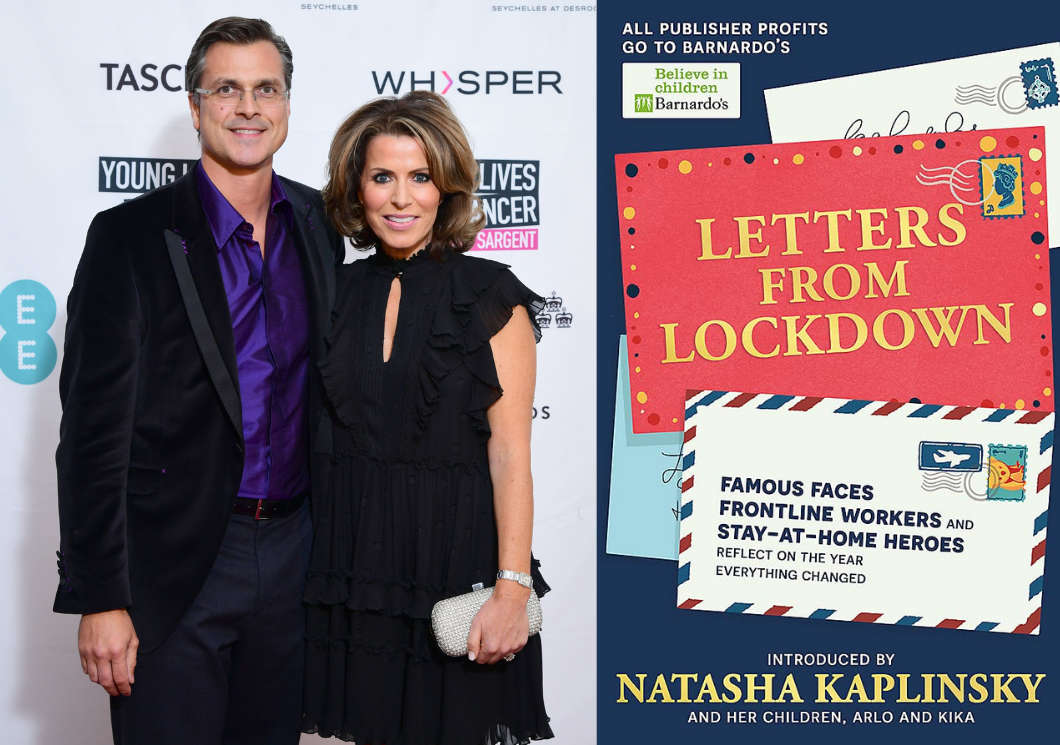
The TV presenter, from Sussex, talks about her husband’s long Covid and how her new collection of letters from lockdown offer hope for the future.
When TV presenter Natasha Kaplinsky’s husband Justin Bower developed a temperature at the beginning of the first lockdown, it raised alarm bells for the family.
“It happened the first March [2020] when testing wasn’t really available. He just went downhill really badly, had a really high fever for 10 days,” the 48-year-old TV presenter recalls, speaking 17 months on.
“I was actually genuinely quite frightened. I was changing his bed sheets every two hours. We knew there was a pandemic and we’d been shut down, but because there was so little testing we couldn’t confirm he had Covid, although he had all the signs.”
“He didn’t have a cough, but later on his body was covered in spots and it was at that point I dialled 999,” she continues. “The paramedics arrived in full PPE. It was a very shocking experience and he took a long time to get better.”
Bower never went to hospital because the NHS was overwhelmed at that point, says Kaplinsky, who won the first series of Strictly Come Dancing in 2004. “That was my first shock, being in a queue to speak to an ambulance [call handler]. I thought, ‘My gosh, if a child is choking or someone’s having a heart attack, the NHS is literally buckling’. We were painfully aware of the extraordinary lengths the NHS was going through to support people.”
Today, Kaplinsky says her husband still suffers from long Covid, even though he had no pre-existing conditions and is fit and active. “There are times when he literally just goes to bed for a week and feels dreadful.”
Today #LongCovid sufferers are sending a #messageinabottle to Government. Watch it here: https://t.co/xMiLwz6Mie pic.twitter.com/c4fx3VLcLE
— LongCovidSOS (@LongCovidSOS) July 8, 2020
However, she adds, “I cannot tell you how much gratitude we have to NHS key workers. They’ve certainly got us through the pandemic.
“We feel so lucky because there are many who haven’t had the happy ending that we have. We are all here together and we are so aware of the sacrifices that have been made through the pandemic and the price people have paid and the hardships that will exist for a very long time post-pandemic.”
It was while in lockdown that she decided to persuade her children, son Arlo and daughter Kika [Angelica], aged 12 and 11 respectively, to write some letters, initially just to re-introduce the process of letter-writing to keep them amused and to reach out to others. “I’ve always been a prolific letter-writer and have always seized any opportunity to write to somebody. I’ve made my children write thank you letters since they could hold a pen.”
Each letter the children wrote contained the same questions: What have you been doing to keep busy in lockdown, and do you feel positive about the future? At first, they just sent the letters off to family and neighbours, but when the replies started to trickle through, Kaplinsky helped them widen the net to send letters to famous faces, frontline workers, politicians and stay-at-home heroes.
She has, over the years in her TV career, done a lot of favours for people, which helped secure some of the high-profile names, she reflects. “This was my time to call in my favours. I was thrilled that Bill Gates and Melinda French Gates responded. I’ve interviewed them a number of times, as well as Richard Branson. A lot of them are contacts, having been in the business for many years.”
The collection of letters has now been made into a book, Letters From Lockdown, with all publisher profit going to Barnardo’s, of which Kaplinsky is president.
Some of the answers as to what people were doing during lockdown are quirky. Bruno Tonioli, a keen gardener, reveals he often had heated conversations with his hibiscus plant; Dame Joan Collins washed her tin foil if dirty and folded it for reuse; Bill Gates played more online bridge. And there’s Dot McCarthy, the goat farmer who set up Goats On Zoom, inviting people to book her goats on people’s video calls.
Kaplinsky’s children were also hugely excited to receive a letter from Ed Sheeran. “I mean, Ed Sheeran! He wrote such a beautiful letter [about how] he’d contacted the people who made his guitars and set about a DIY project to create a crib for his daughter made from the same cherry wood. How beautiful is that?”
But there are also letters of loss: Sir Richard Branson and Raymond Blanc lost their mothers during lockdown; Benjie and Georgia Ingram-Moore, the grandchildren of Captain Sir Tom Moore, talk about missing him; NHS critical care nurse Dawn Bilbrough writes about her family helping to heal her sadness at the many deaths she witnessed. “A lot of letters brought tears to my eyes,” Kaplinsky admits.

One particularly moving letter comes from frontline doctor Anushua Gupta, who was admitted to hospital with Covid in March 2020 when her daughter was just 18 months old. She was put in a medically induced coma for two months before becoming one of the first Covid patients to be started on ECMO, a machine that does the work of the lungs while they repair themselves. “Her story is absolutely horrendous. It’s people like that whose stories we need to focus on, the true heroes.”
But there is also great hope in the letters, that the world will be a better place and we will emerge remembering what is important and appreciating the little things in life, rebuilding a world more deeply rooted in love and compassion. “The letters were so full of compassion and kindness, and so inspiring, I just felt we should share that with others,” explains Kaplinsky.
As for her own experience of lockdown, Kaplinsky has had plenty to keep her busy on her farm in the Sussex countryside, including a menagerie of four dogs, two cats, eight alpacas, four sheep and one highland cow – as well as homeschooling her children and growing vegetables.
“I’ve reprioritised. I’ve had to be at home and not take on various lovely opportunities I’ve been offered because I’ve needed to look after our family. I’ve loved being a mum – it’s been very special,” she says. “I genuinely hope that one of the legacies of the pandemic is compassion and kindness.
“There is so much hope and optimism about the future.”

“I can’t wait to give people a hug and not worry about it, to shake hands and not feel like there’s something wrong about it. As a mother I feel sad that I’m keeping my children back from sharing emotion. It’s so unnatural to keep people away from each other,” she continues.
“I know that when it does come, it’s going to mean so much more because we’ve missed it so badly.”
Letters From Lockdown, introduced by Natasha Kaplinsky, is published by Wren & Rook, priced £8.99. All proceeds go to Barnardo’s.

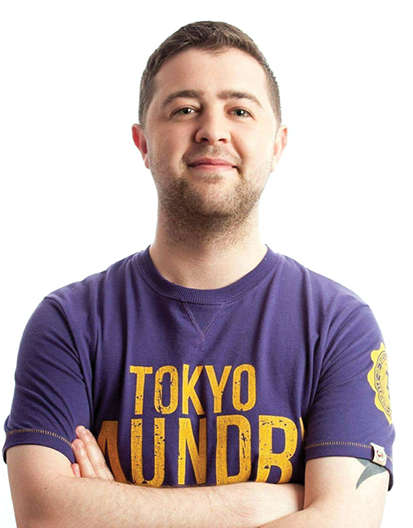
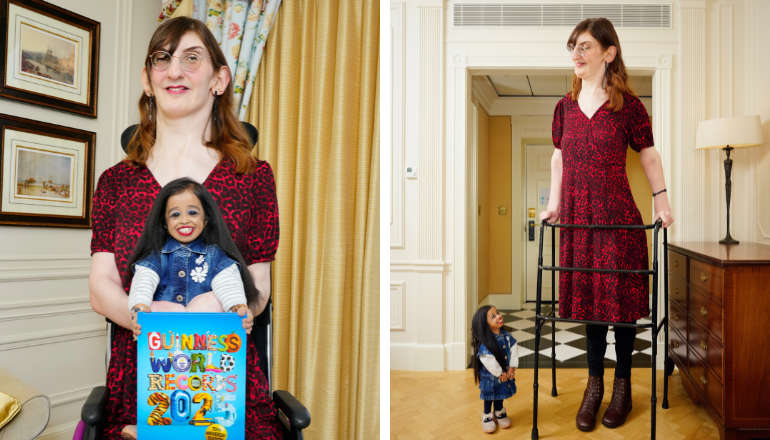 World's Tallest And Shortest Women Meet For First Time To Celebrate Guinness World Records Day 2024
World's Tallest And Shortest Women Meet For First Time To Celebrate Guinness World Records Day 2024
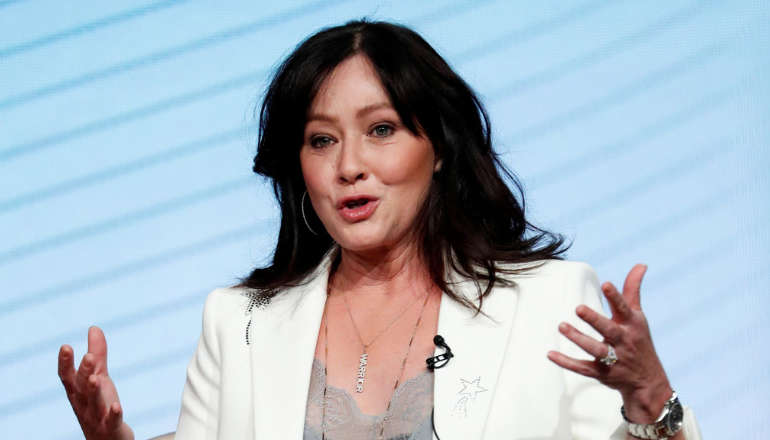 Shannen Doherty: Beverly Hills, 90210 Star Dies Aged 53
Shannen Doherty: Beverly Hills, 90210 Star Dies Aged 53
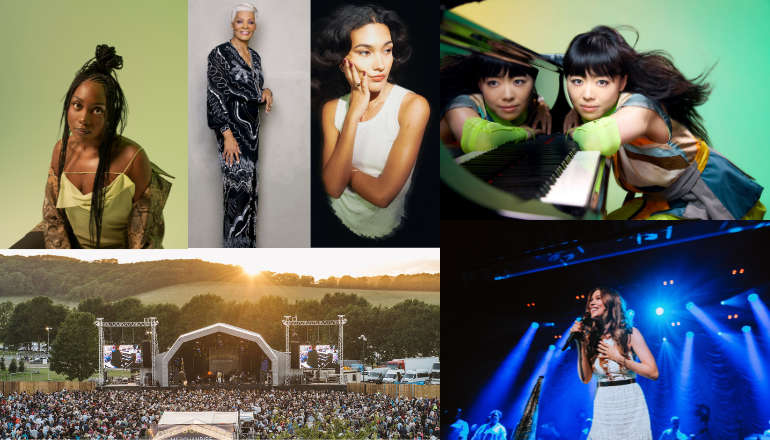 Olivia Dean, Chaka Khan, Terence Trent D’Arby And Dionne Warwick Confirmed For Star-Studded Love Supreme
Olivia Dean, Chaka Khan, Terence Trent D’Arby And Dionne Warwick Confirmed For Star-Studded Love Supreme
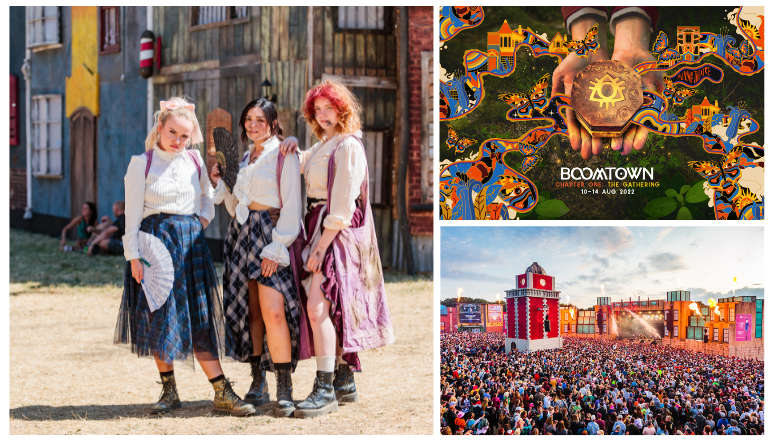 Boom Shakes The Room — Explosion of Colour And Happy Vibes At Spellbinding Gathering
Boom Shakes The Room — Explosion of Colour And Happy Vibes At Spellbinding Gathering
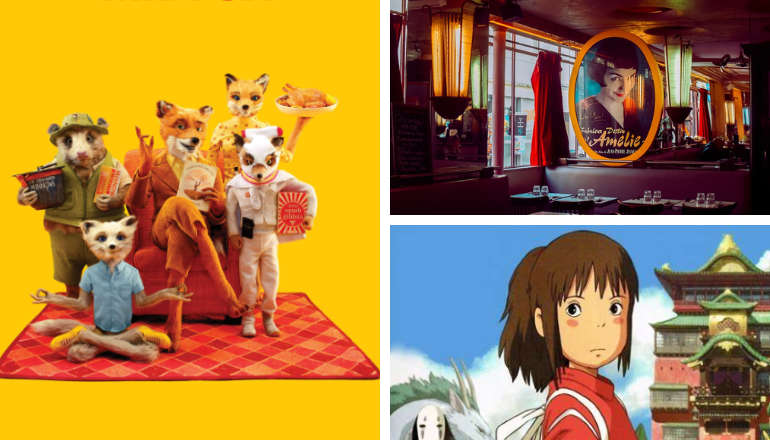 Struggling To Sleep? New Research Names The Movies That Will Help
Struggling To Sleep? New Research Names The Movies That Will Help



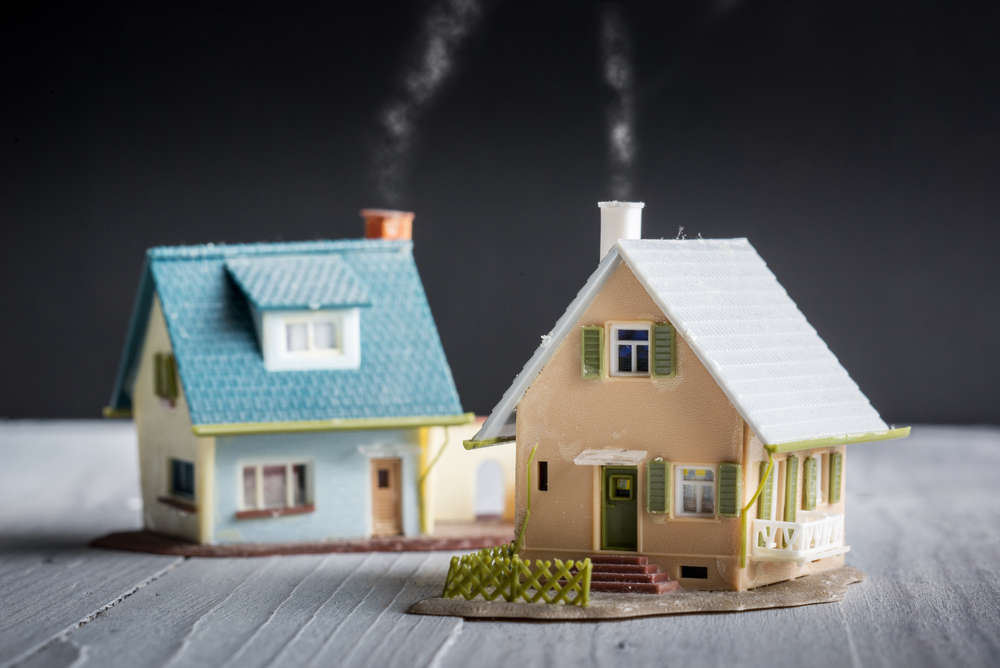 Introduction Of Second Homes Premium – What You Need To Know
Introduction Of Second Homes Premium – What You Need To Know
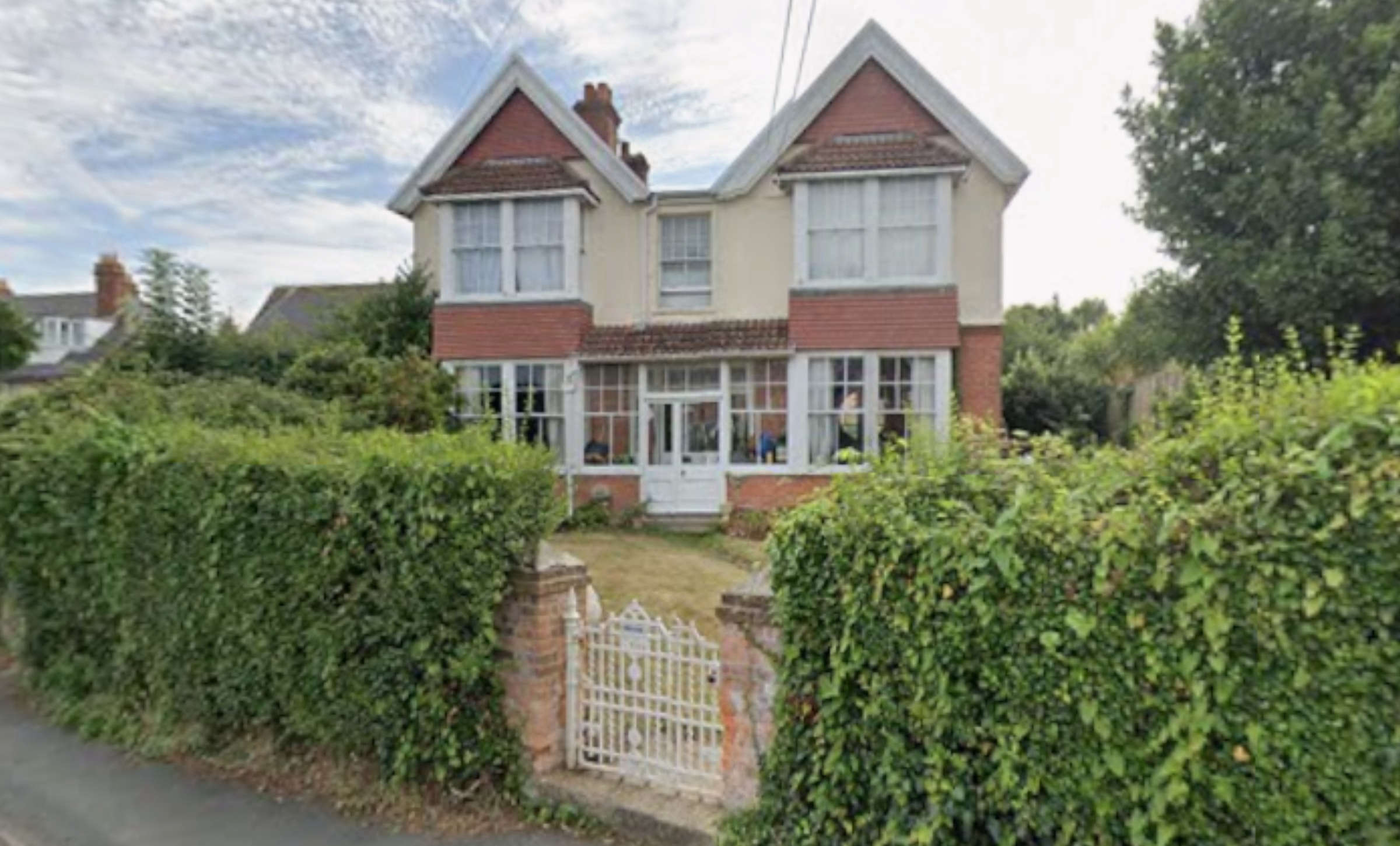 Large Villa-Style Property Could House Four New 'Starter Homes' In Totland
Large Villa-Style Property Could House Four New 'Starter Homes' In Totland
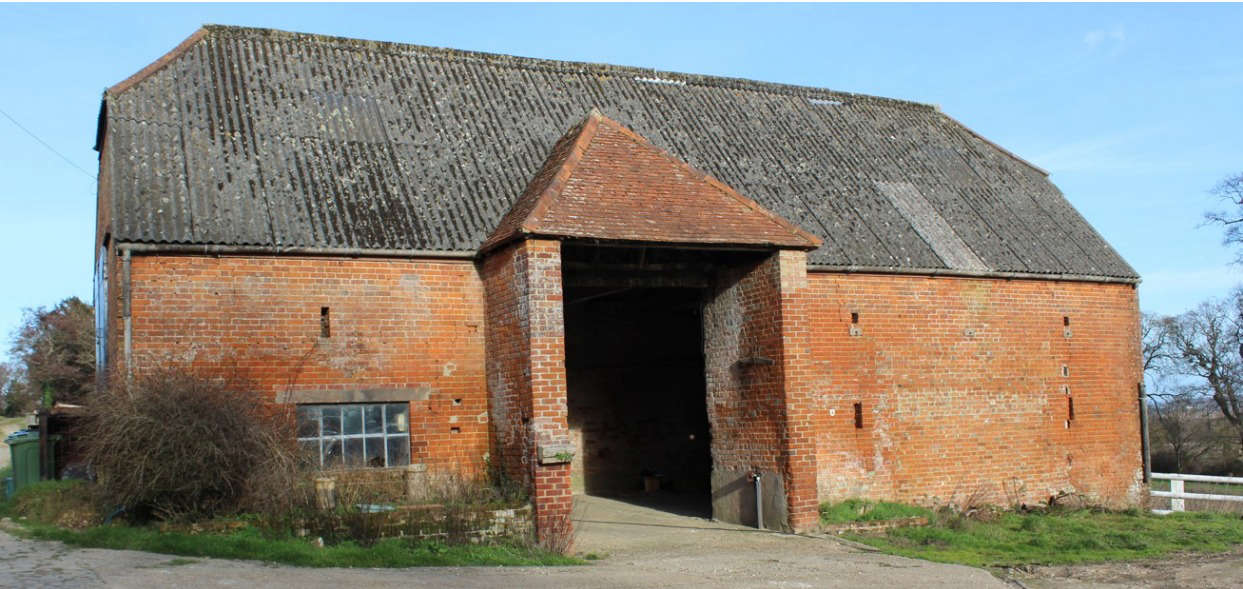 Dutch Braai Restaurant And Weddings Venue: New Plans Revealed For Disused Barns
Dutch Braai Restaurant And Weddings Venue: New Plans Revealed For Disused Barns
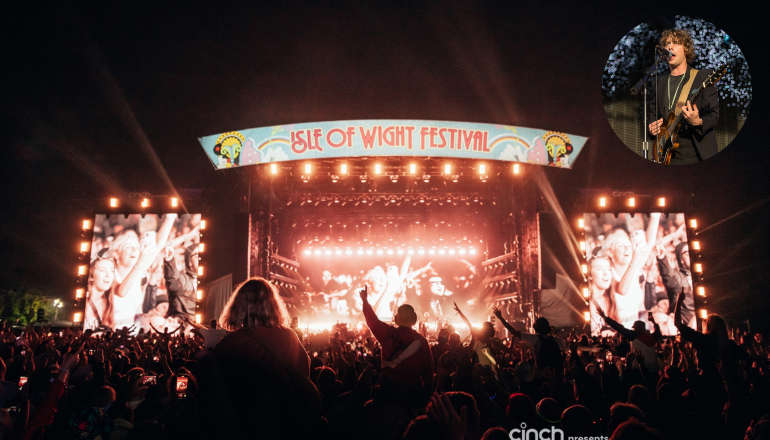 Wave Of Acts Announced For Isle Of Wight Festival 2025
Wave Of Acts Announced For Isle Of Wight Festival 2025
Comments
Add a comment